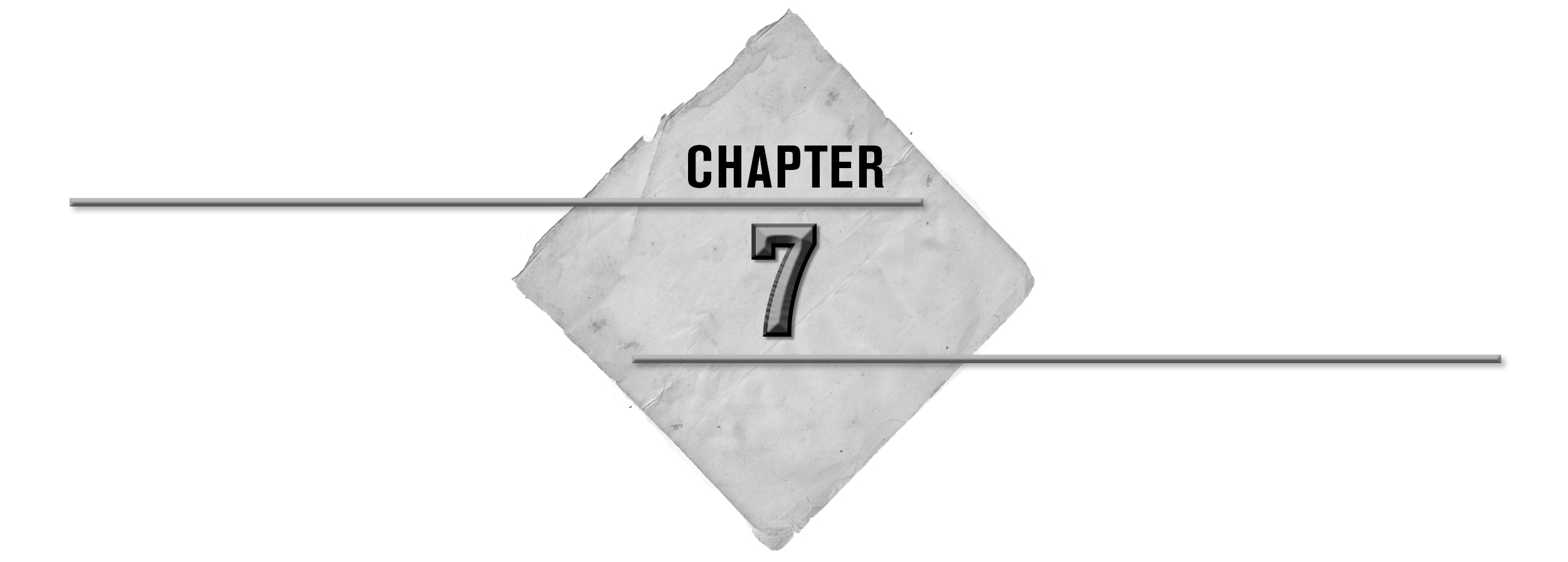
That afternoon Ezra fell asleep over his lessons. It could have happened to anyone. Mishael, the scribe who tutored Ezra and six other boys in one of the small priestly chambers off the temple courtyard, was about as dull as a teacher could possibly be. He was a thin little man with a gray beard and curling white earlocks. His long, pointed nose stuck out beyond the shadow of the blue-bordered shawl covering his head. His voice would drone on in a midrange monotone as he lectured at great length about the Levitical prescriptions for the cleansing of lepers or the proper way to write the letter zayin.
Under Mishael’s hypnotic influence, in the dark coolness of the stone-walled chamber, Ezra could have easily dropped off almost anytime. And today he was seriously short on sleep as a result of the previous night’s events. All through the first part of the lesson, his eyes drooped and the yawns came thick and fast. When the scribe’s back was turned and the other boys were busy practicing their letters with stylus and clay palette, Ezra closed his eyes and rested his head in his hands —just for a moment or two.
But how strange! No sooner had he bowed his head, than it seemed to him that a thin, high string of harp notes floated into the room and began falling on the paving stones like sparkling drops of rain.
Shub? thought Ezra. But no, it couldn’t be. Shub couldn’t possibly be there. Shub’s father gave him his lessons at home. And yet the sound of his friend’s kinnor was unmistakable. Even more unmistakable was the clear tone of Shub’s voice as the harp notes blended with the words of the song:
What more could have been done for my vineyard
than I have done for it?
When I looked for good grapes,
why did it yield only bad?
Ezra lifted his head and looked around the room for Shub. Nowhere could he see the tall, gangly form of his friend. But what he did see caused him to open his mouth and gape in disbelief.
Wings. The whole place was full of wings. Transparent wings. Transparent faces too: some smiling, some stern, some etched with pain, others flaming with fiery indignation. They all seemed to be made of billowing smoke and flowing, liquid light, so that Ezra could glimpse the forms of Mishael and his fellow students right through them. And up near the ceiling, in the right front corner of the room, was a blinding blaze like the eye of the sun. What looked like great folds of a large sheet of gold cloth poured down from the heart of it onto the schoolroom floor.
And he looked for justice,
but saw bloodshed;
for righteousness,
but heard cries of distress.
On and on the voice sang, changing gradually as the song progressed. Now it was the voice of his father, now of the prophet Isaiah. Now it was his mother’s voice, sweet and melodic as a cooing dove’s, but faint and fading into the distance. Then it became the voice of Shub’s brother, Maher-Shalal-Hash-Baz, whose pudgy, fuzz-topped face leered down at Ezra from among the other faces and wings, taunting, accusing, warbling a tattletale singsong.
Ezra tore his eyes away from the face of the nine-year-old junior prophet and focused them on Mishael’s back. As he did so, the music of the song slowly deteriorated and faded into the scribe’s dry monotone. Then, as he watched, his teacher turned and began walking straight toward him, his long-nosed face perfectly hidden within the shadow of his scribal head covering.
“For righteousness,” droned Mishael’s voice. “For righteousness. He looked for righteousness, but heard cries of distress.”
Ezra cringed as the man drew near and bent over him. The spindly little scribe stopped, drew back the veil from his face and —it was the face of Old Hephzibah! She reached out with her one good arm and aimed a bony finger straight at Ezra.
“Who will go?” she demanded in her high, creaking voice. “Whom shall we send? Who will go for us? Is it you? You young ruffian! Is it you? Is it you?”
“No!” shouted Ezra. “No! Not me!”
“Who will show us the correct way to write the letter tsadhe?” droned the voice of his teacher. “Will you, Ezra?”
“No! No!” Ezra screamed, jumping up from the place where he had been sitting on the cool stone floor. “Not me!”
Mishael leaned over him with a puzzled look in his eyes and a single drop of sweat glistening on the end of his pointed nose. “Ezra! What in the name of Zion is wrong with you?”
“N-nothing,” answered Ezra. He glanced around and saw that the other boys were all laughing at him. “I-I’m sick, teacher, that’s all. Awful sick!” He groaned to strengthen his case. “I think I’d better go home!”
“I suppose you’d better,” said Mishael in a distressed tone, backing away from his student with a look of alarm.
Ezra got up in a daze and stumbled out the door.